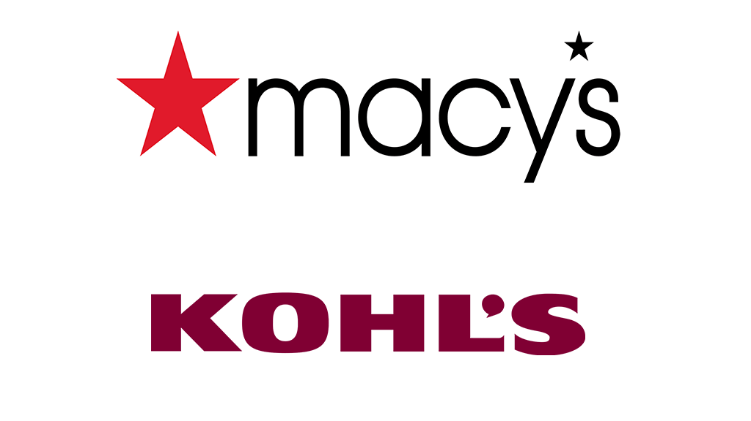
Menu

June 1, 2023 : Last year, amid misguided claims of a department store revival, industry experts missed the true state of affairs. As a staunch advocate against misinformation, I’ve been debunking this notion for years, reiterating the point last year, and it’s now painfully clear that without radical action, the unremarkable middle will continue its collapse. Moderate department stores, in particular, have been passive bystanders to the changes of the past two decades, serving as a prime example of this decline. Let’s delve into the details.
Today, the largest department store in the US reported its quarterly results, which, despite surpassing Wall Street’s expectations, were objectively dismal. Macy’s and Bloomingdale’s experienced declines of 8.7% and 3.9%, respectively, in comparable store sales. Year-over-year net income nearly halved. CEO Jeff Gennette could only highlight modest productivity gains, contradicting his statement six months ago that the company’s “Polaris Strategy” was effective. It’s safe to assume he’s eagerly anticipating an early retirement next year.
While reported on a different day, Kohl’s earnings tell a similar tale. Their comparable store sales plummeted by 4.3%, with the only positive note being a small profit achieved primarily through cost-cutting measures. Wall Street seemed content with this, mistakenly believing that Kohl’s problem lies in expenses rather than the significant issues of customer relevance and remarkability. Both companies projected continued negative sales growth for the remainder of the year.
Macy’s has a long-standing habit of making bold claims about innovative strategies but delivering little in practice. Previous CEO Terry Lundgren championed initiatives like “omnichannel” and the “My Macy’s” inventory localization program, which had minimal impact. Taking a broader perspective, it becomes evident that both brands’ strategies, as they say in Texas, are “all hat and no cattle.”
Under the recent Polaris Strategy, Gennette introduced off-the-mall concepts such as “Backstage” and the perplexing “Market by Macy’s.” Additionally, the company acquired Story, which seemed destined for failure from the start, and updated its rewards program. Despite intense focus and investment, Macy’s first-quarter sales in 2019 increased from $4.98 billion to $5.5 billion. Net income improved from $136 million to $155 million, a notable gain but still well below its much smaller competitor, Dillard’s.
On the other hand, Kohl’s boasts about initiatives like Sephora shops, a new small store format, Amazon in-store returns, and various merchandising endeavors but fares even worse. Their first-quarter sales in 2019 were $4.1 billion, which have now plummeted to $3.4 billion. While managing to eke out a small profit, the $14 million delivered is a stark decline from the pre-pandemic $62 million, which was already underwhelming.
Year after year, retailers stuck in the unremarkable middle struggle to attract, retain, and expand their customer base. Their market share continues to dwindle while remarkable retailers like Ulta Beauty, now valued at over three times the combined worth of Macy’s and Kohl’s, effortlessly outperform them. Facts cannot be denied.
In response to their dire situation, these struggling brands merely apply superficial fixes, equivalent to putting makeup on a specific domesticated animal. A timid transformation will not alter the fortunes of these iconic retailers. Their current agendas offer no salvation from their ongoing descent into oblivion.